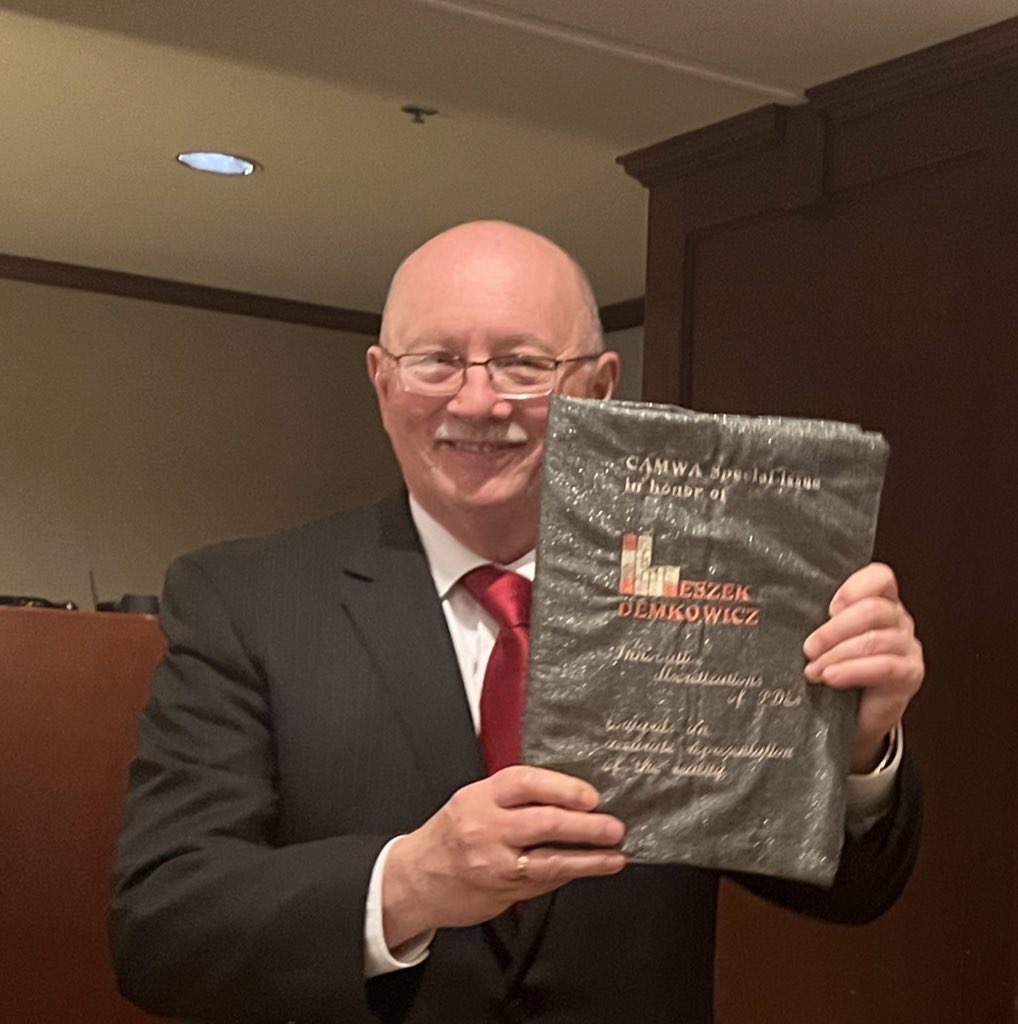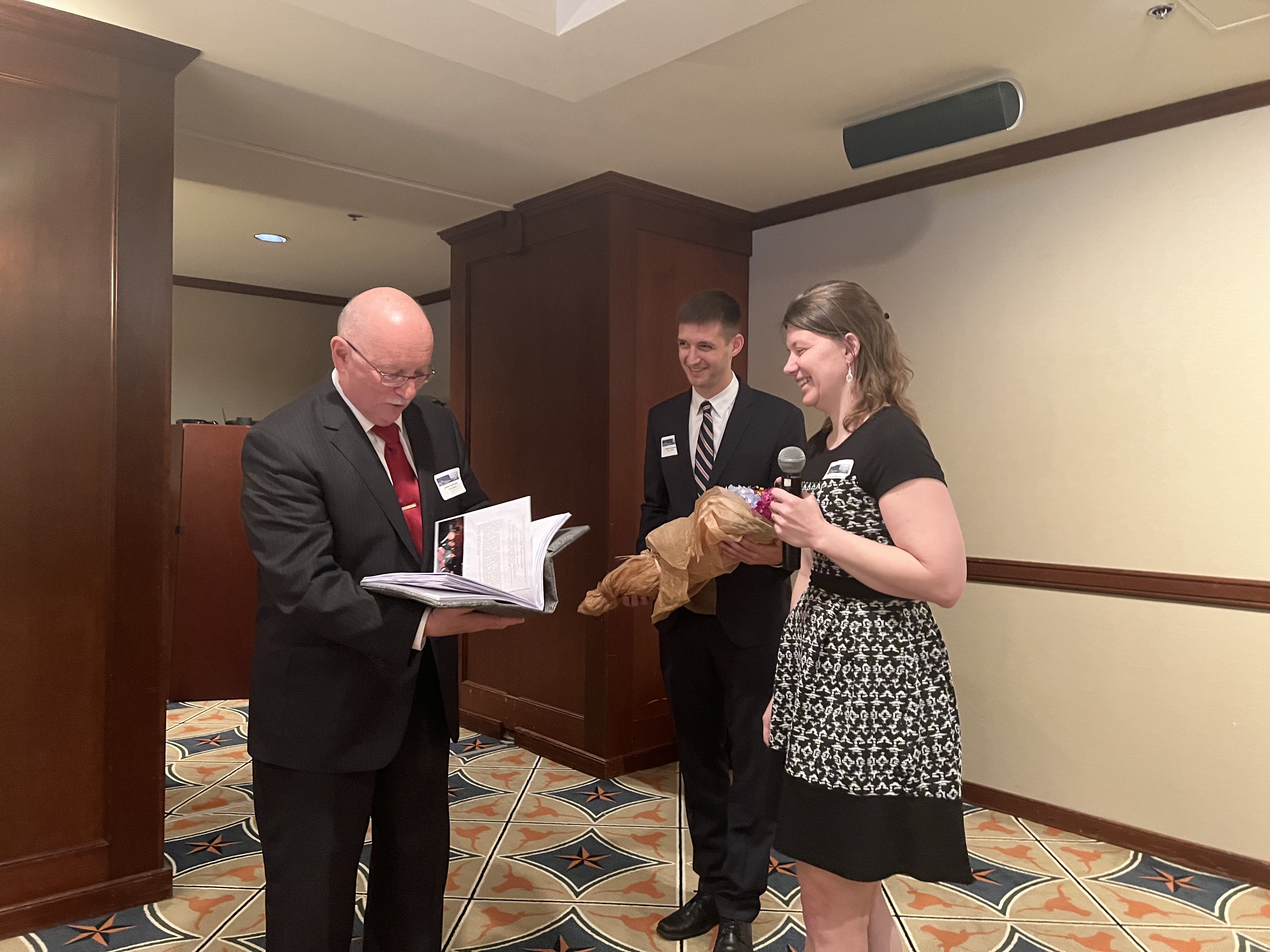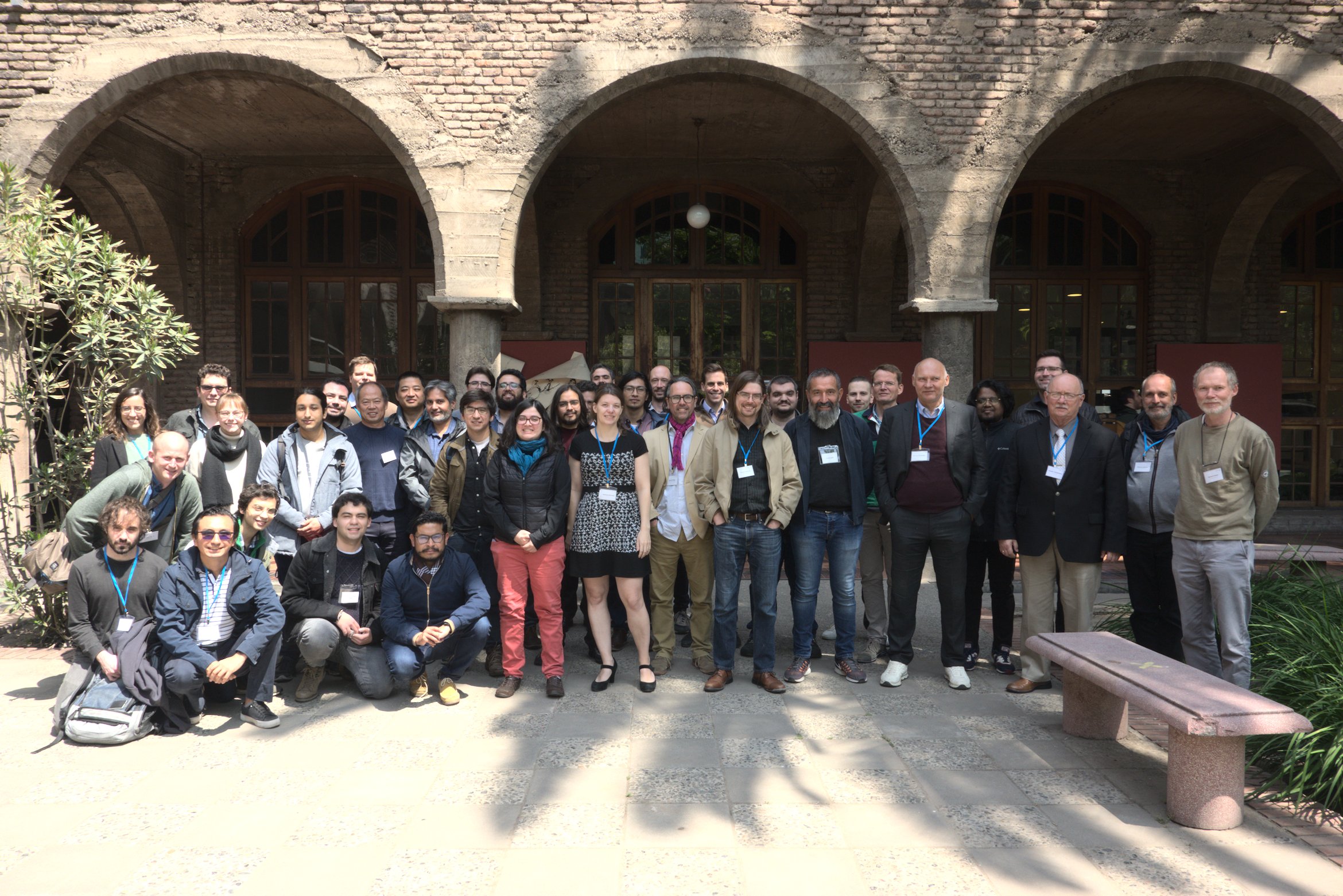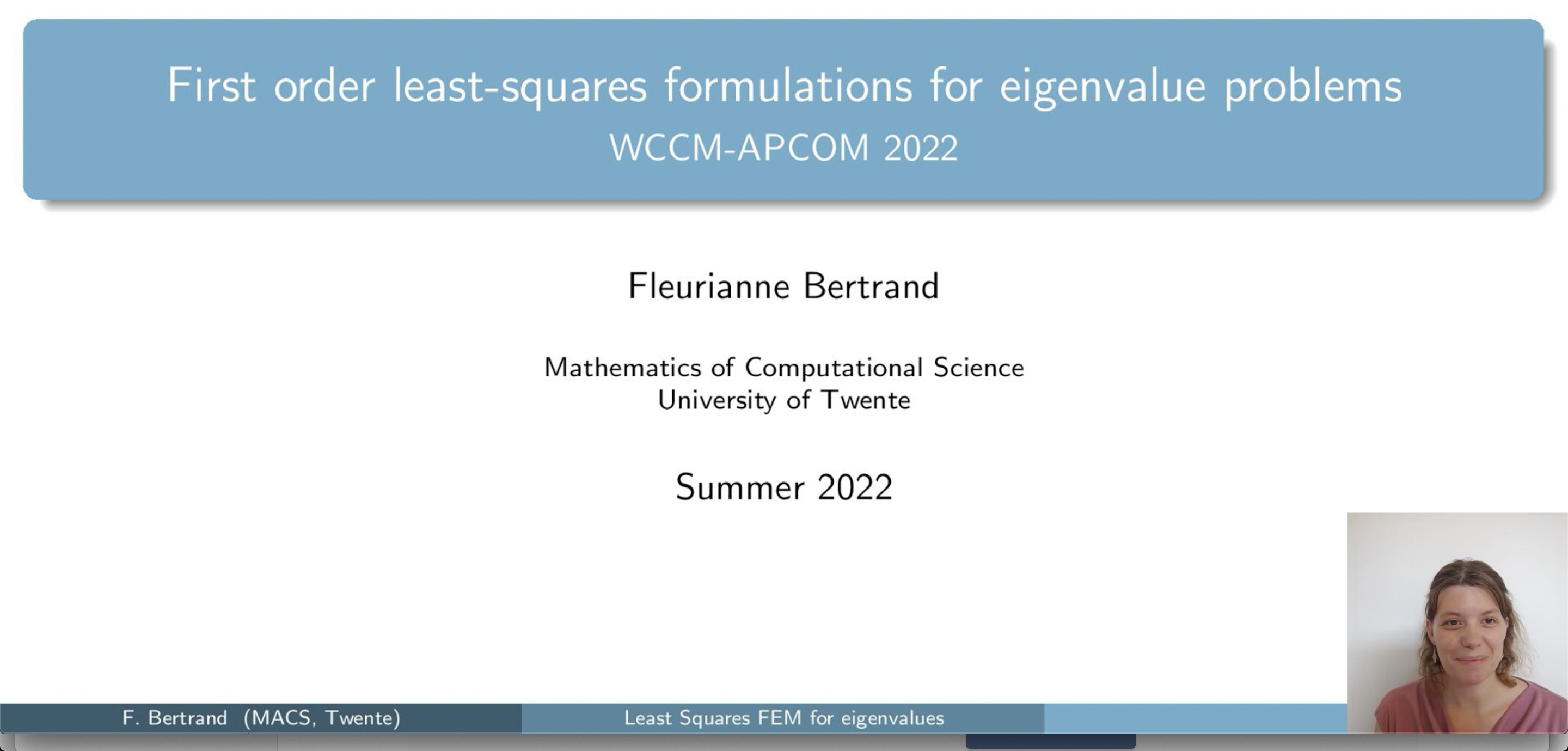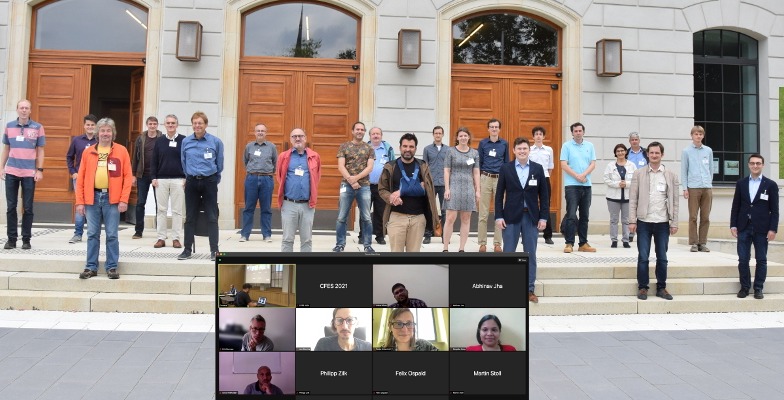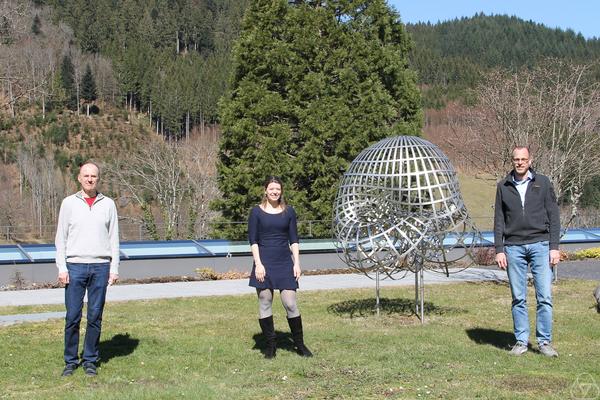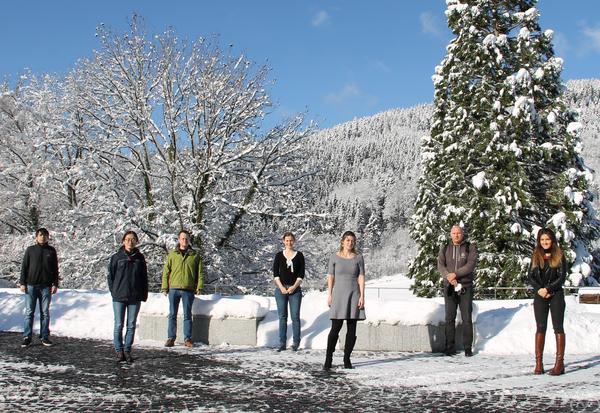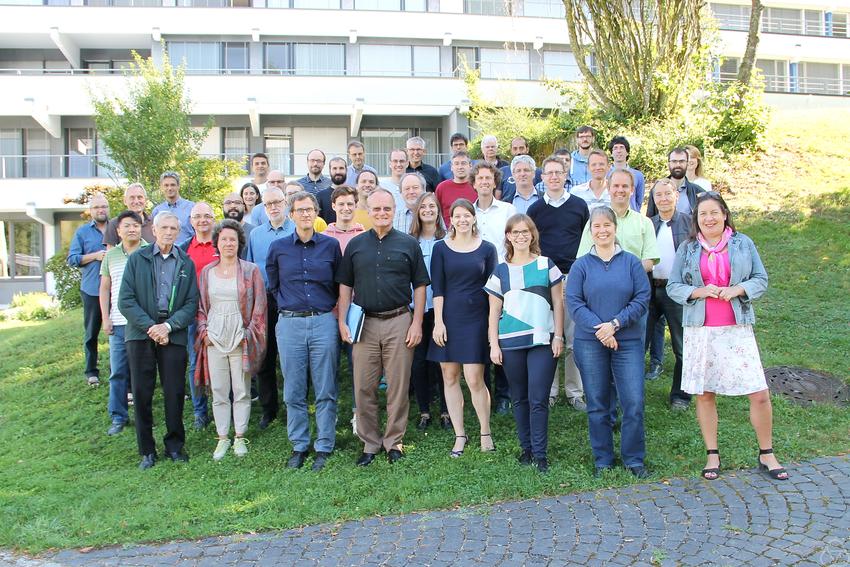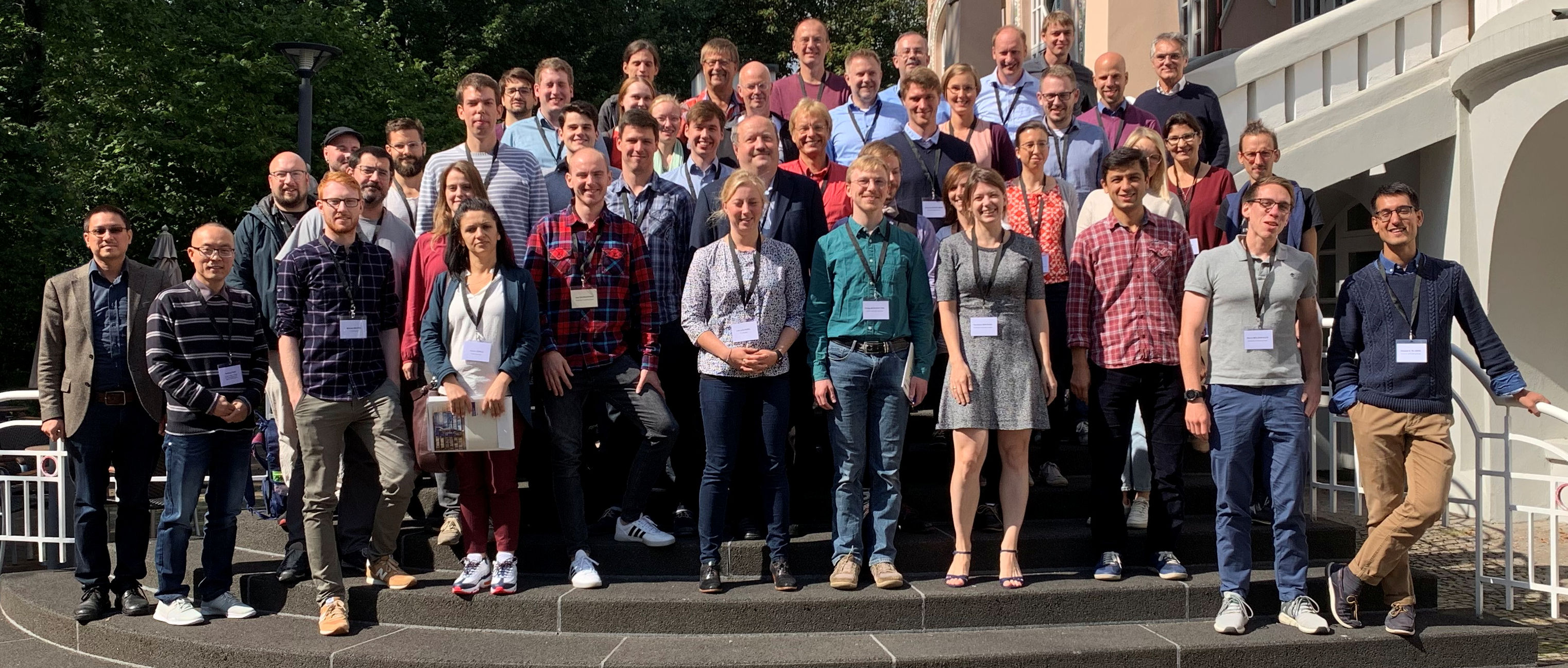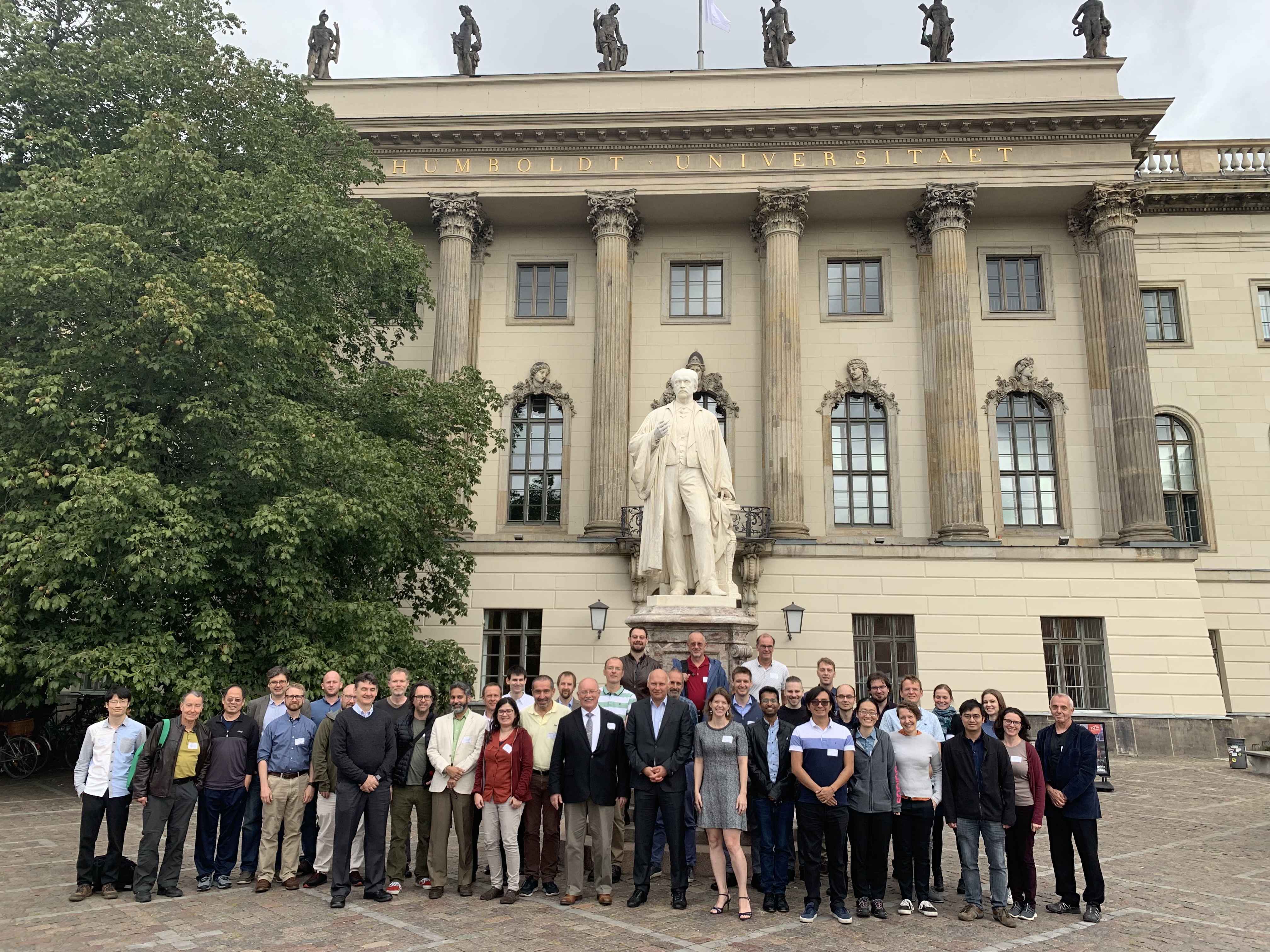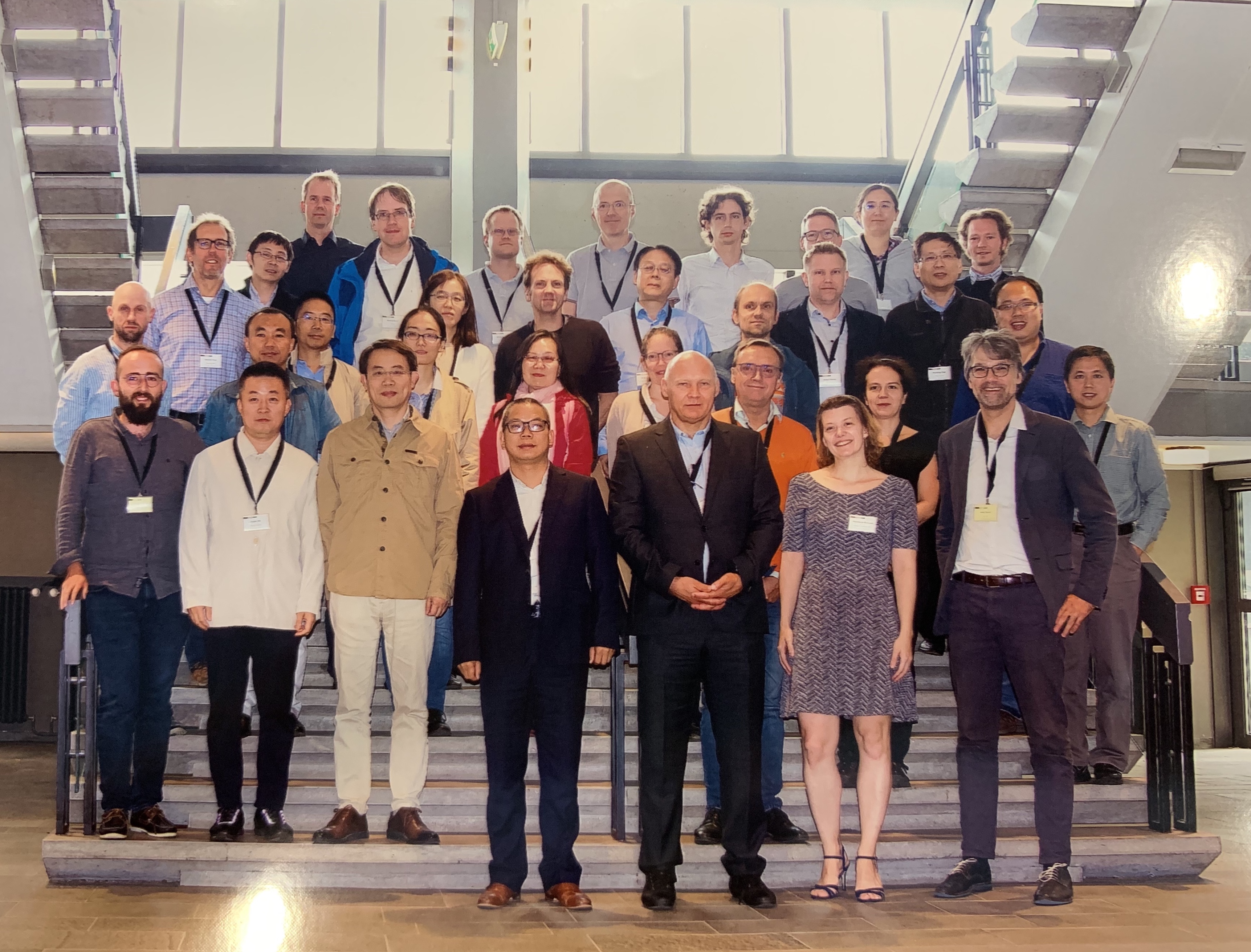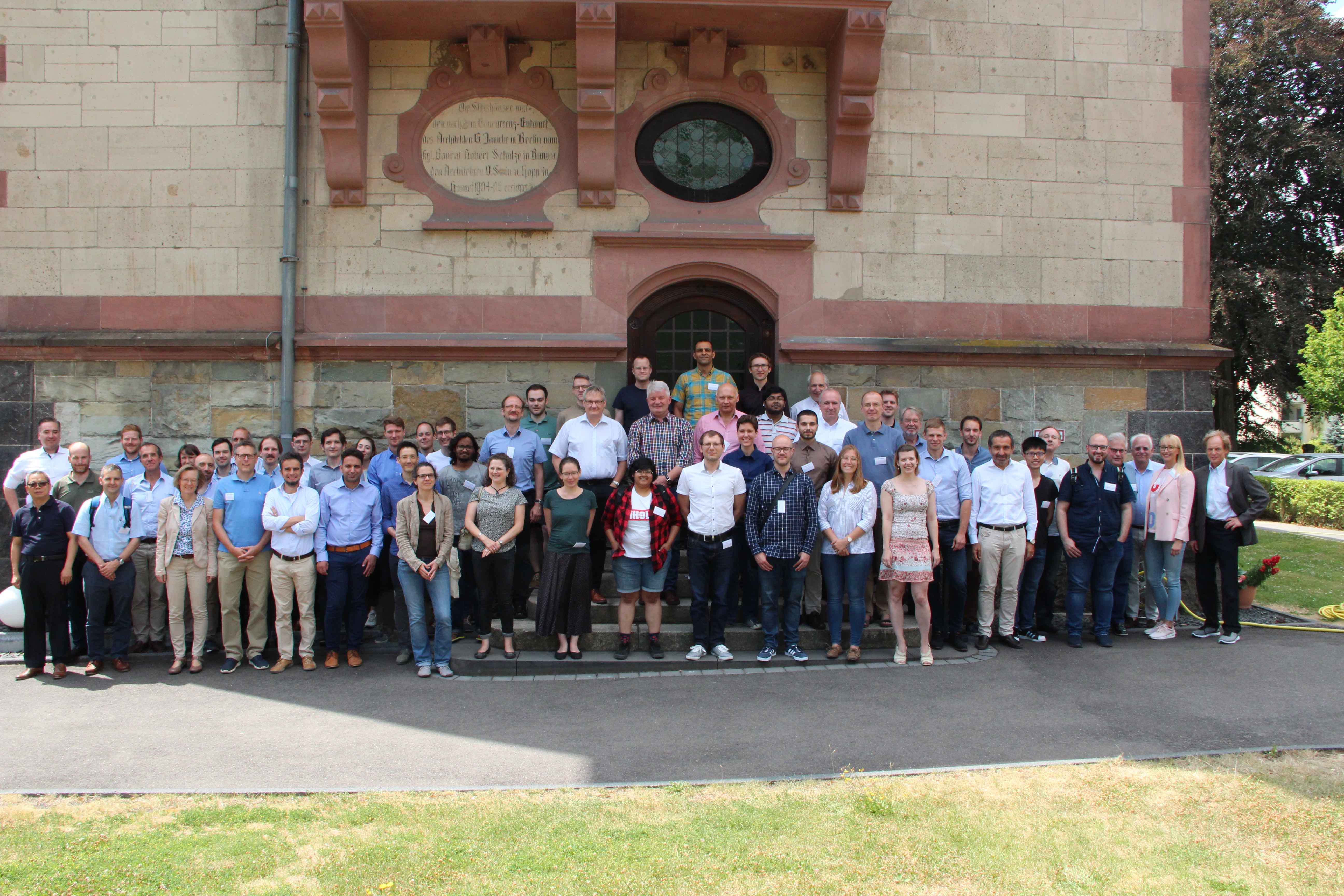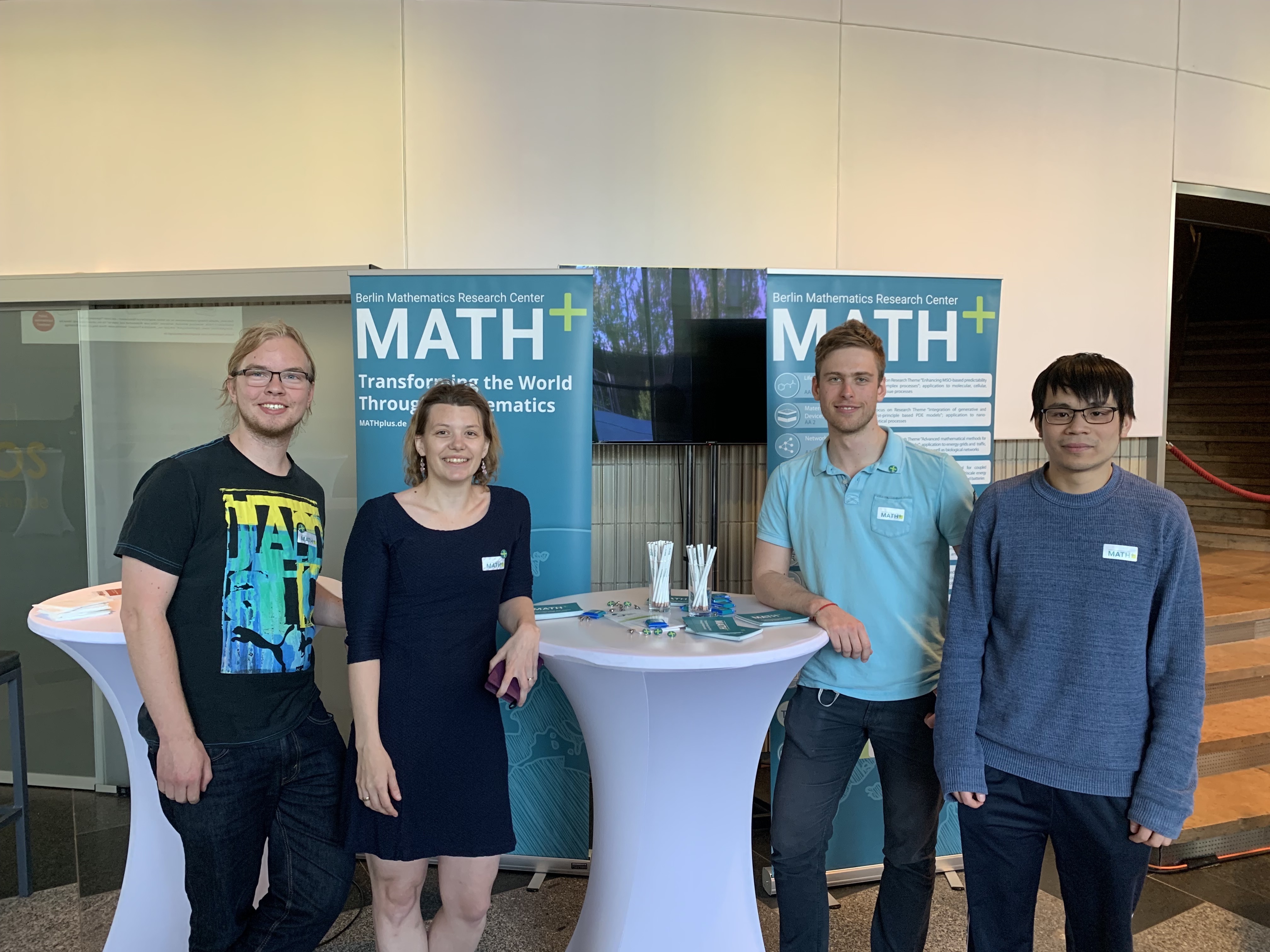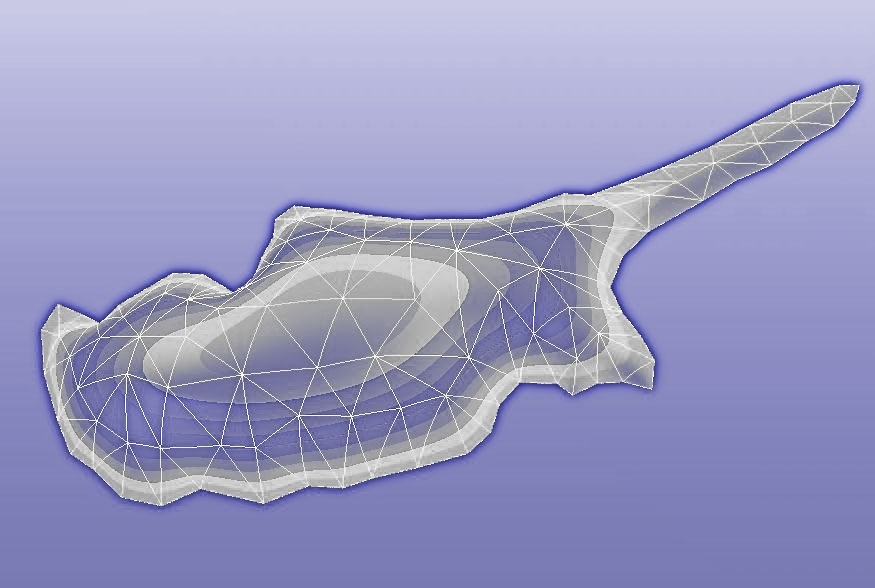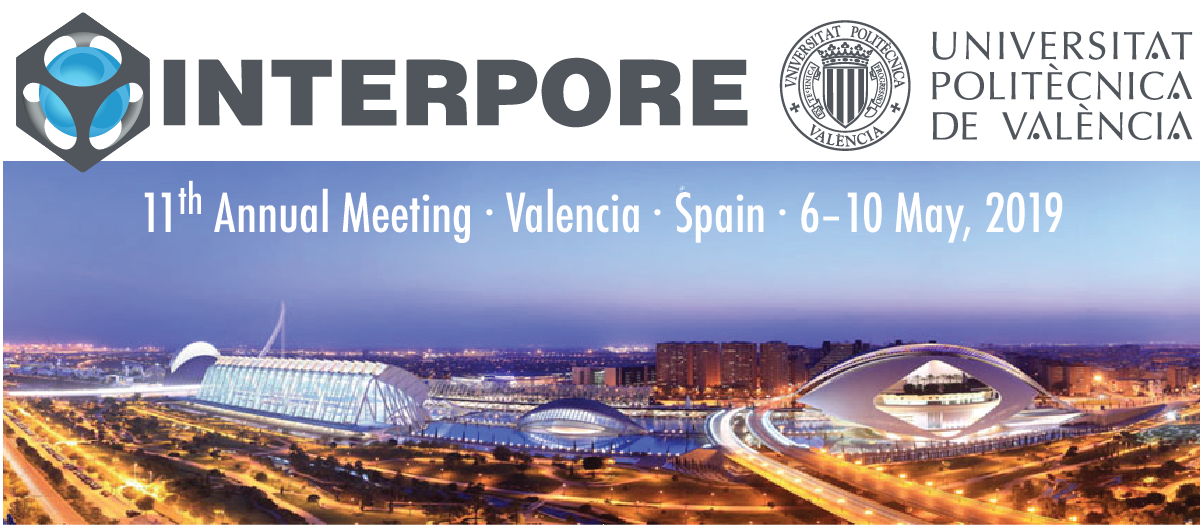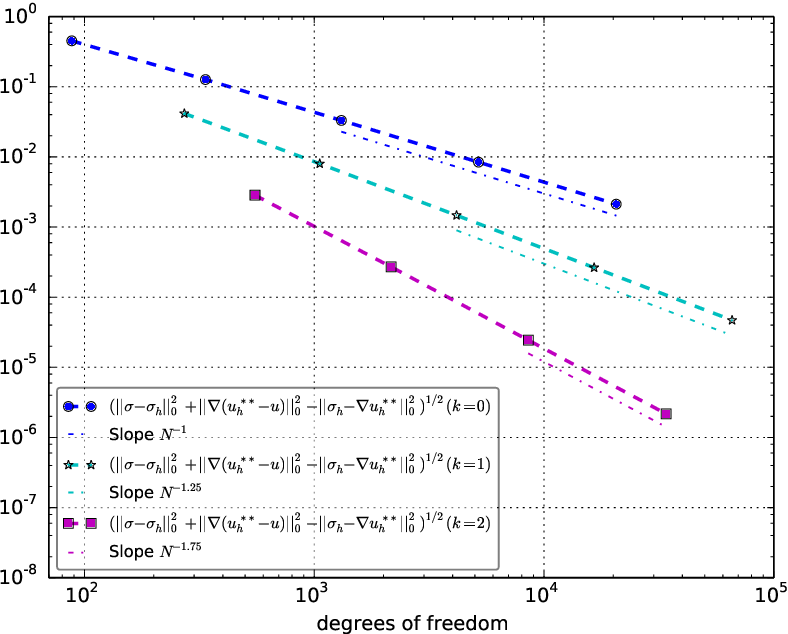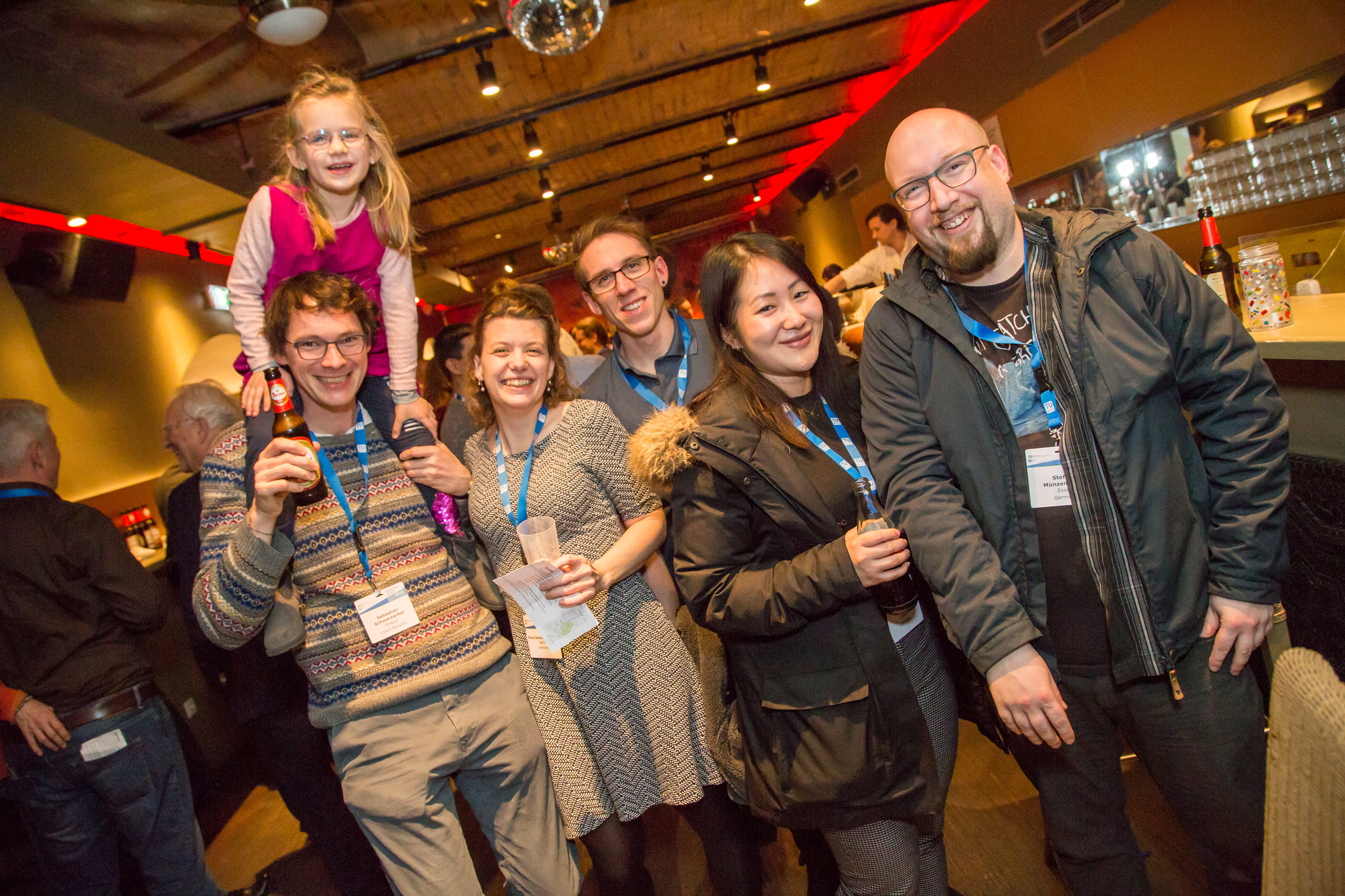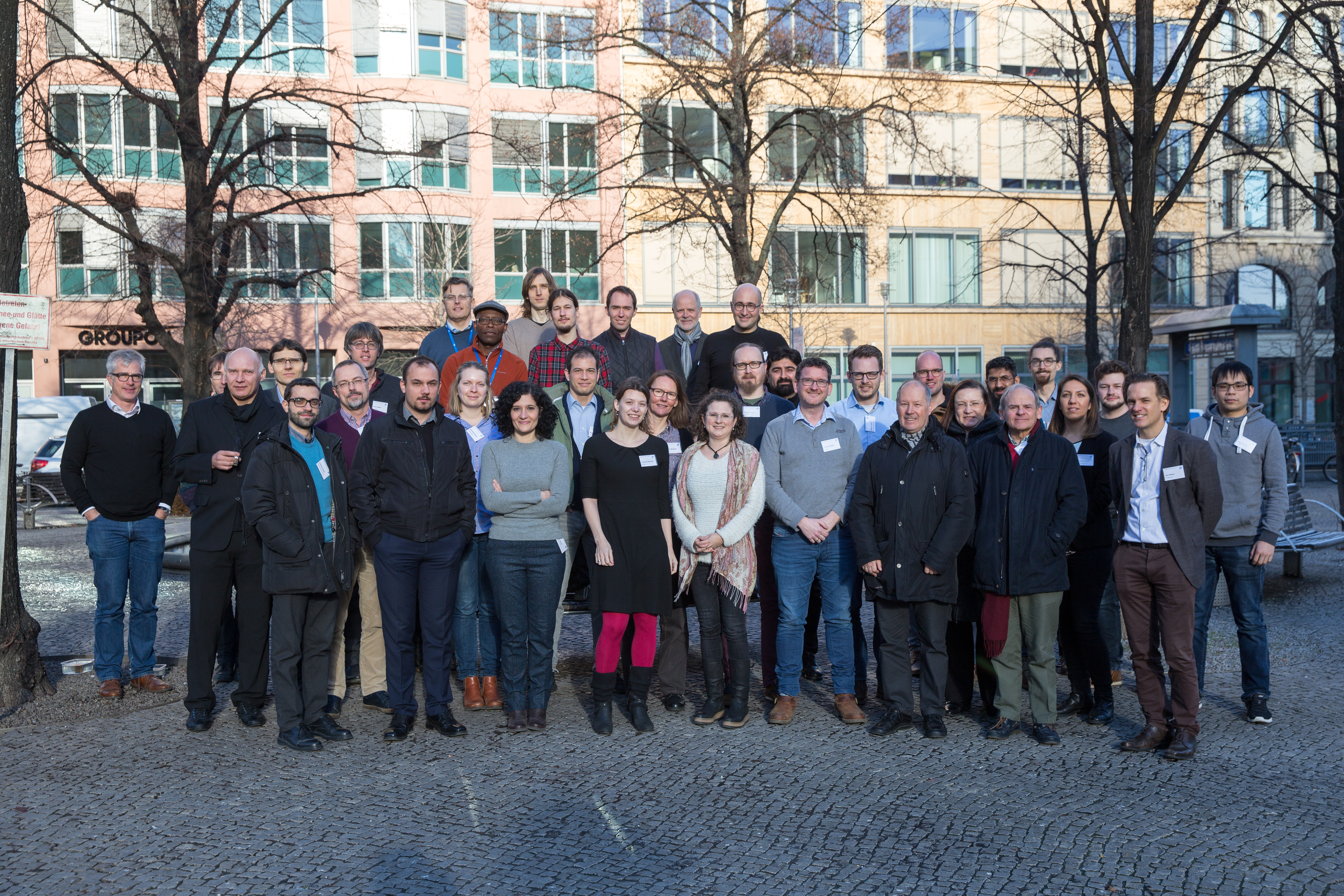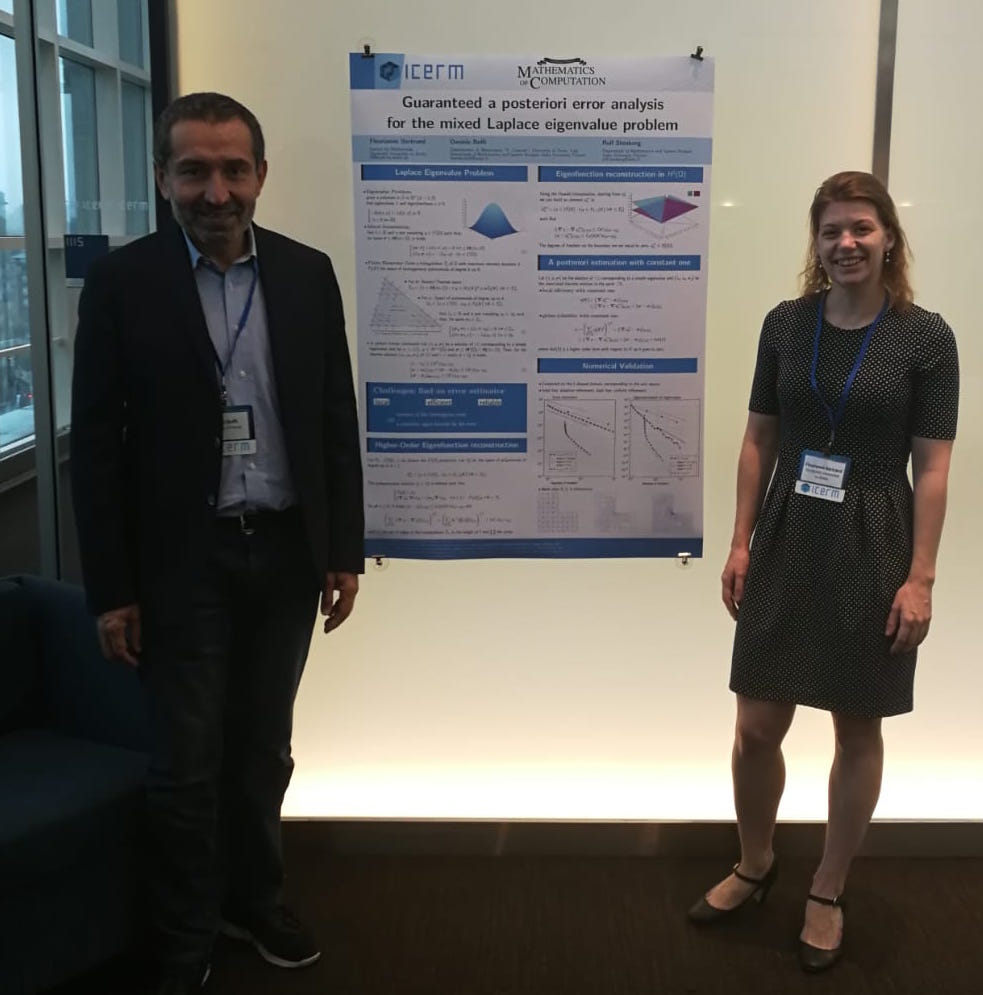
International Workshop Held for Leszek Demkowicz’s 70th Birthday
Austin, USA
April 11th, 2023
Guests from around the globe gathered for a celebratory workshop on April 11 in honor of Leszek Demkowicz’s 70th Birthday, hosted by the Oden Institute for Computational Engineering and Sciences at The University of Texas at Austin. Speakers shared research and words of appreciation for Demkowicz’s contributions in the fields of computational mathematics and mechanics and beyond.
Here is the summary from the ODEN Institute
In addition, CAMWA plans to publish a special issue on the occasion of the Workshop in Honor of Leszek Demkowicz's 70th Birthday, as Leszek has been the Editor in Chief of CAMWA from 2012 to 2018. He completely redesigned the journal with great effort and success. The special issue in his honor is a recognition of his great contribution to our community and a nice memory of his commitment to our journal. I have the great honor to be the managing guest editor of this special issue, where all the managing editors (excluding Leszek) and the former managing editor Norbert Heuer are the guest editors.
